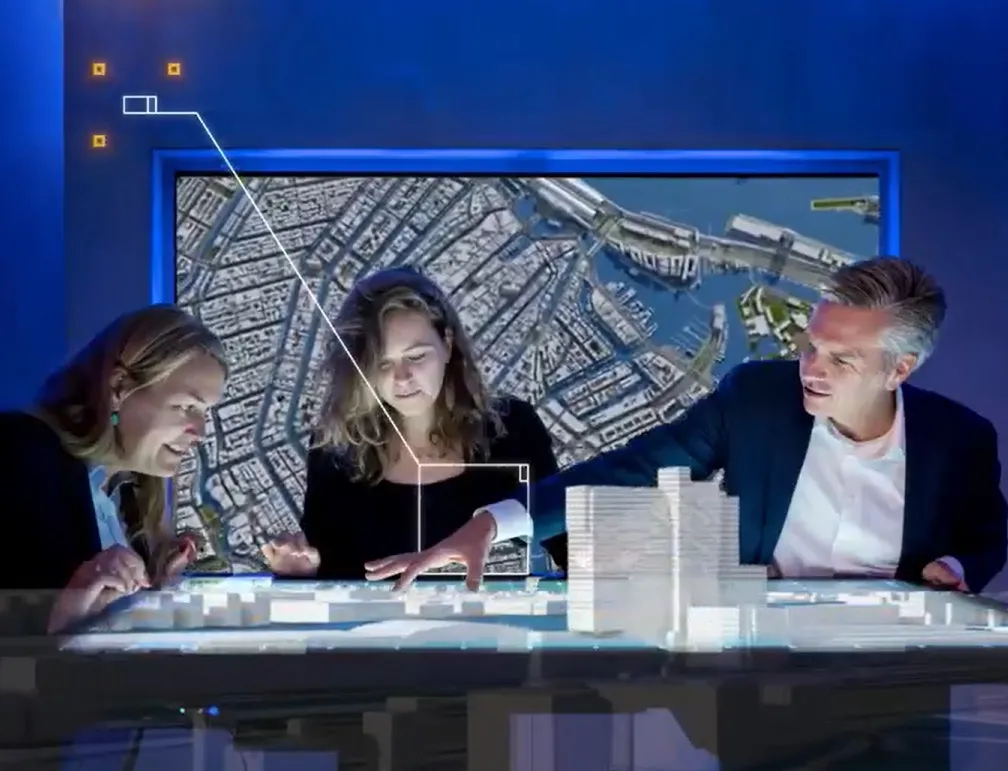Amazon has ordered 100,000 new electric vehicles (EVs) as part of The Climate Pledge, a commitment which calls on signatories to be net zero carbon by 2040 – a decade ahead of the Paris Agreement.
Companies signing the pledge agree to measure and report greenhouse gas emissions on a regular basis, implement decarbonisation strategies in line with the Paris Agreement and neutralise remaining emissions with additional offsets to achieve net zero annual carbon emissions.
Amazon’s founder Jeff Bezos says: “If a company with as much physical infrastructure as Amazon - which delivers more than 10 billion items a year - can meet the Paris Agreement 10 years early, then any company can.”
The new EVs are from Michigan-based producer Rivian and the first ones will start to deliver packages to customers in 2021. The company plans to have 10,000 EVs on the road by 2022 and the whole fleet on the road by 2030. This order follows Amazon’s initial $440 million investment in Rivian to accelerate the production of EVs.
The Climate Pledge stems from an agreement with Global Optimism, a group focused on environmental stewardship.
Christina Figueres, founding partner of Global Optimism, says: “If Amazon can set ambitious goals like this and make significant changes at their scale, we think many more companies should be able to do the same and will accept the challenge.”
Amazon pledges to meet Paris Agreement 10 years early
Amazon has ordered 100,000 new electric vehicles (EVs) as part of The Climate Pledge, a commitment which calls on signatories to be net zero carbon by 2040 – a decade ahead of the Paris Agreement.
Companies signing the pledge agree to measure and report greenhouse gas emissions on a regular basis, implement decarbonisation strategies in line with the Paris Agreement and neutralise remaining emissions with additional offsets to achieve net zero annual carbon emissions.
Amazon’s founder Jeff Bezos says: “
September 26, 2019
Read time: 2 mins








